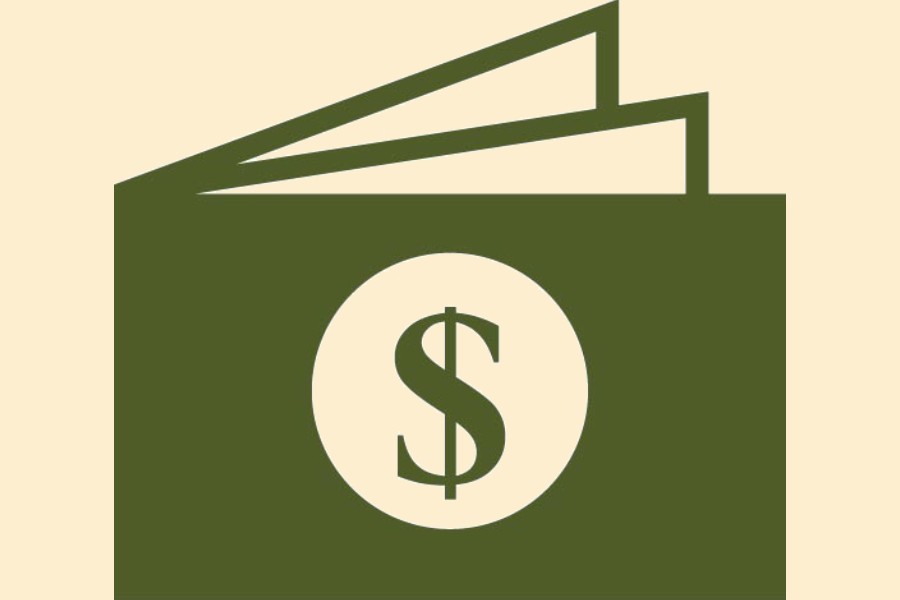The volume of the country's hard-term loan is likely to go up in the coming days as the government has amended the foreign borrowing terms, officials said.
The government has recently relaxed its foreign borrowing terms to help execution of development projects successfully, officials said.
It will now be able to take more costly loans like the suppliers' credit after relaxation of the relevant terms.
However, analysts have criticised the sudden move of the government, saying that it might make Bangladesh's foreign debt burden difficult.
In a gazette on December 01, the Economic Relations Division (ERD) said the loans having less than 25 per cent of grant element will be treated as non-concessional loans. Earlier, the percentage was 35.
The hard loan proposals are approved by the "standing committee on non-concessional loan (SCNCL)". The finance minister is the chief of SCNCL.
Considering the country's macroeconomic scenario, financial health, debt sustainability and the degree of necessity of loans, the committee endorses the loans.
The government usually takes concessional loans from different bilateral and multilateral lenders like World Bank, Asian Development Bank (ADB), Japan, Islamic Development Bank, United Nations Development Programme, China and India.
It also takes some non-concessional loans from them on comparatively harder terms and conditions due to constraints of internal resources.
According to Organisation for Economic Co-operation and Development (OECD), the grant element means it reflects financial terms of a transaction including interest rate, maturity (interval to final repayment) and grace period (interval to first repayment of capital).
It is a measure of concessionality (softness) of a loan. It is calculated as the difference between the face value of a loan and the discounted present value of service payments the borrower will make over the lifetime of the loan, expressed as a percentage of the face value.
An ERD official said International Monetary Fund (IMF) has had a "grant element" calculation method which they follow to measure it.
"If we find any foreign loan with less than 35 per cent grant element, we send it to the finance minister-headed SCNCL for getting approval. If the committee approves the loan, then we go for signing the loan deal with respective lending agency," he added.
Most of mid-and long-term loans Bangladesh takes are concessional while part of loans is non-concessional.
In most cases, he said, Chinese loans, Export Credit Agency (ECA) loans and some loans from IDB are non-concessional.
Another official said Bangladesh signed an agreement with IMF in 2012 for getting $987 million Extended Credit Facility (ECF) loan as budgetary support where the government made commitment that it would consider the loans as non-concessional having less than 35 per cent grant element.
The IMF set the condition to avoid borrowing higher volume of hard-term loans and help keep the Bangladesh's debt sustainable.
During the period from 2012 to November 30 this year, the government had maintained the IMF's condition for its external borrowing.
A former ERD official, who was involved with the negotiations on foreign loans, told the FE that the IMF imposed the condition after Bangladesh took a huge amount of costly loans and suppliers' credit from China.
"As the condition is relaxed, now many government agencies would go for costly borrowing to execute their projects. It might put the country's debt-sustainability in jeopardy in future," he said seeking anonymity.
Financial analyst Dr AB Mirza Azizul Islam said the relaxation of foreign borrowing terms and conditions could put pressure on Bangladesh's debt sustainability in future.
"Although debt sustainability is still in a comfortable zone, it can make the country's financial health volatile if we go for higher non-concessional and hard-term overseas loan."
After getting the relaxation facilities, he said, the government agencies should not go for costly loans extensively.
The government should first carry out research on the necessity of those loans and then negotiate the loans properly before signing any credit deal, Mr Islam added.


